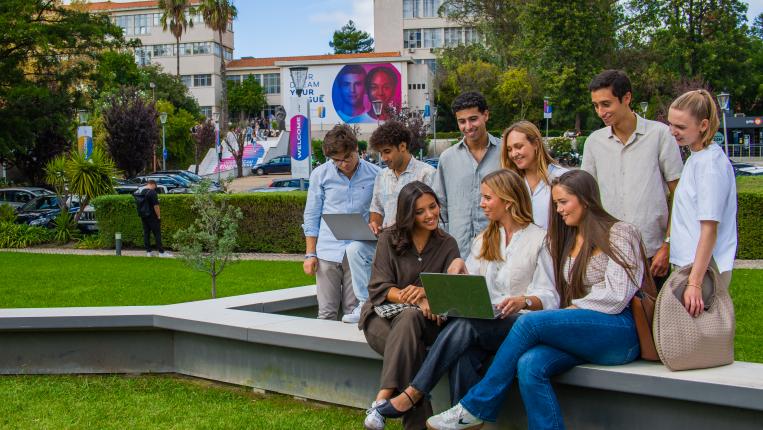Politics is about power and authority. But the production, conservation and distribution of power and authority are always unevenly distributed and take place in institutions above and below the national assembly : in family dynamics, neighborhood residential patterns, ethnic relations, welfare policies, social movements, within nation-states and between state and non-state actors in the globalized economy. So how is power exerted? Where is it, and how is it gained and lost? How do power centers get challenged? In this course, we examine such questions using the conceptual frameworks and analytic tools provided by political sociology. Major themes will include the nation-state and its challengers, global capitalism, democracy, and the globalization of consumer culture vs local resistance strategies. Abstract, theoretical works are explored against practical applications and illustrations in specific national/historical contexts. Students will become familiar with key debates in political sociology and comparative politics, with special emphasis on literature from the North American context.
Sociologia Política
6 ECTS / Semester / Portuguese




